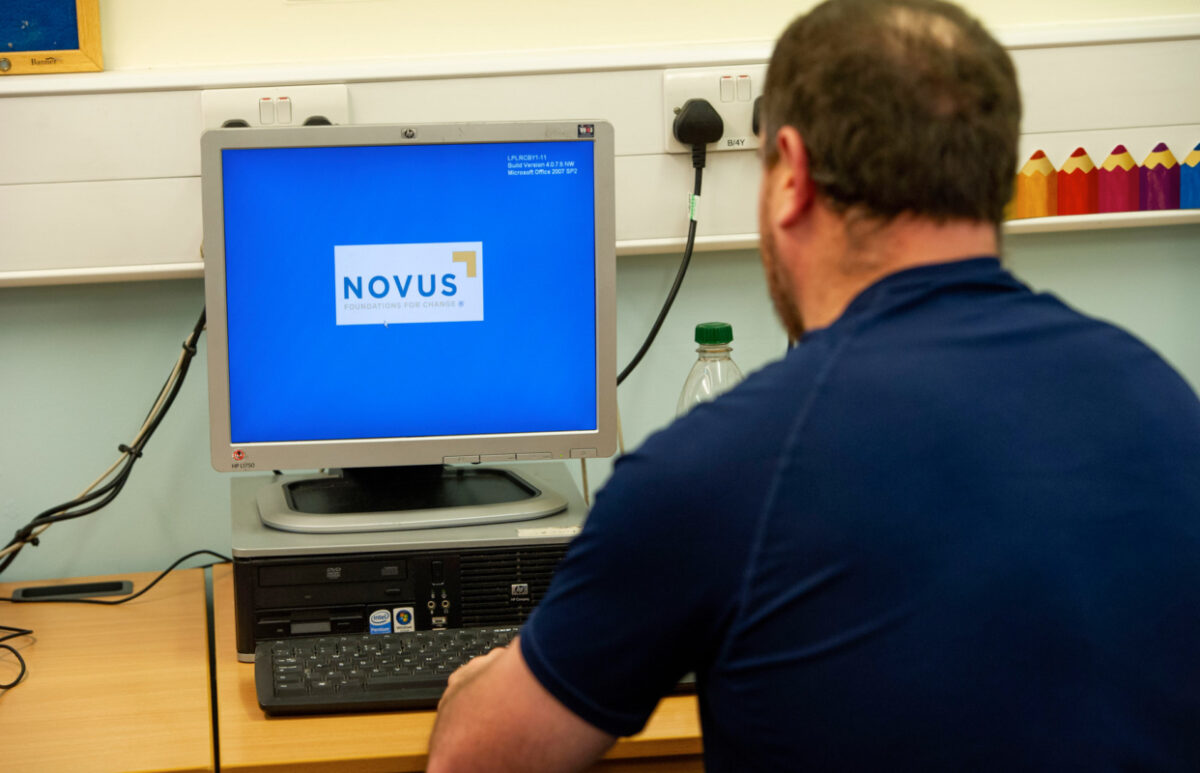Novus calls for government action to help restricted access prisoners to access education

Leading prison education provider Novus has called for government action following the publication of a new report which highlights the challenges that restricted status children and female prisoners face when trying to access programmes of education.
Restricted status prisoners are those women and children who are subject to additional security measures to minimise the possibility of escape and protect the public from harm. Published by HM Inspectorate of Prisons, the thematic review ‘Restricted status children and prisoners held in women’s establishments’ examines a range of issues relating to restricted status children and female prison establishments.
In relation to education, the report states that
“the main consequence of individuals being held under restricted status is that many found it difficult to access important interventions to help them progress – such as education and offending behaviour work – which were critical to the reduction of their risks”.
This led to inspectors raising concerns that “children and prisoners in women’s establishments were often unable to demonstrate progression as many could not access rehabilitative interventions, education and other constructive activities due to their restricted status”.
Novus Managing Director Peter Cox said:
“We welcome this timely report, which shines a light on the difficulties education providers face in providing learning and support to restricted status children and female prisoners. Low levels of education, particularly literacy and numeracy, are among the biggest obstacles to an individual finding sustainable employment upon release.
“Education offers a crucial means of providing prisoners with the skills they need to find work and, in the process, contributes to both reducing reoffending and meeting skills gaps in the workforce. More than half of adult prisoners arrive with literacy levels below those expected of an 11-year-old; they are already behind their peers and, if prisons cannot put arrangements in place to allow them to physically access the education on offer, there is little prospect of them catching up.
“We call on the government to put measures in place to enable restricted prisoners to access the education to which they are entitled.”











Responses